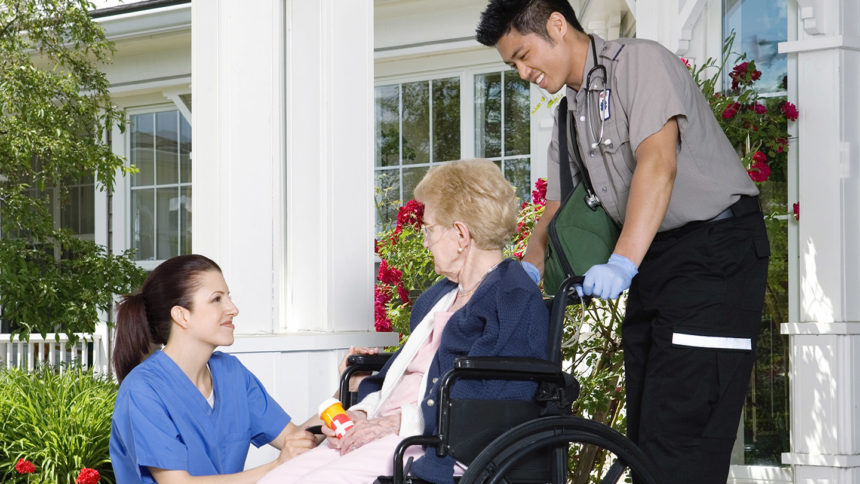
Seniors hospitalized with significant illnesses had reduced rates of adverse in-hospital events between 2010 and 2019, a new study finds. Gains in patient safety may be the cause, investigators say.
Researchers studied medical records data from more than 240,000 adult patients hospitalized during that time period across 3,156 U.S. acute-care facilities. They looked for adverse events reports across four categories, including adverse drug events, hospital-acquired infections, adverse events after a procedure and general events such as hospital-acquired pressure ulcers and falls.
The rates of these unwanted events dropped sharply for hospitalized patients with acute myocardial infarction, heart failure, pneumonia and major surgical procedures, they found.
Notably, there were larger improvements among older patients than younger patients. There were also few differences by race and ethnicity or sex, they reported.
For patients admitted with all other conditions, there was a similarly significant decline in adverse events between 2012 and 2019.
Safety improvements
Although the study did not assess cause, it is possible that improved patient safety has played a role, the researchers theorized. There were major patient safety improvement efforts during the study period, for example. These included Centers for Medicare & Medicaid Services programs that focus on acute myocardial infarction, heart failure and pneumonia; the CMS Partnership for Patients program; and the Surgical Care Improvement Project that integrates safety and payment policy and publicly reported outcomes, they reported.
New technologies have been introduced to support safety, plus initiatives aimed at increasing safety effort engagement by patients and families, they added.
Full findings were published in JAMA.
Related articles:




